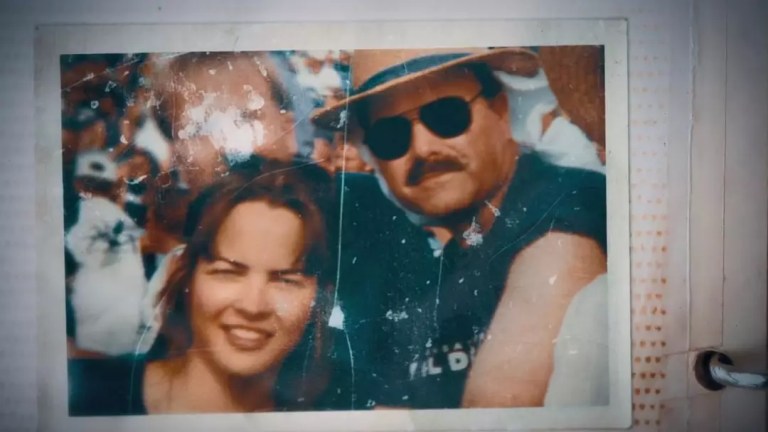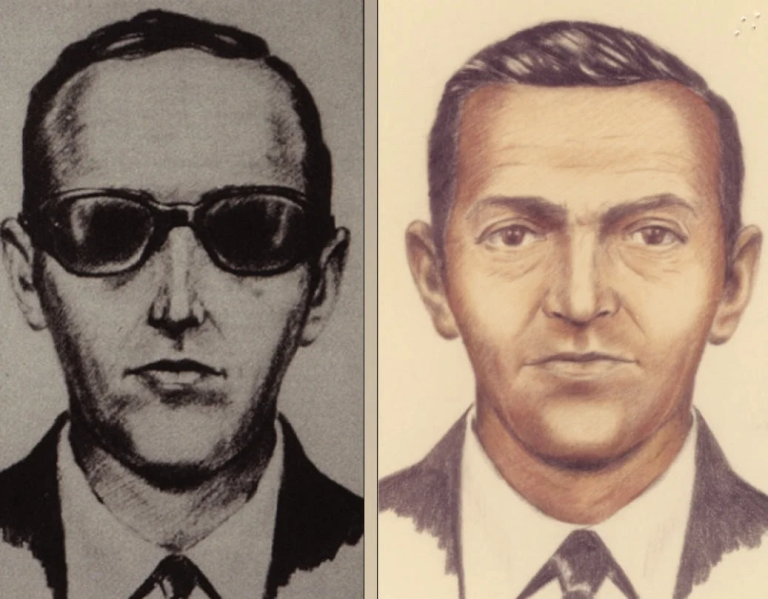
An FBI’s Most Wanted Terror Suspect Was Finally Captured 21 Years Later (In The Most Unexpected Place)
By Erin Whitten
Daniel Andreas San Diego was on the FBI’s most wanted list for more than 20 years. He was an accused domestic terror fugitive who disappeared after being charged in 2003 with two bombings in California. He was the soft-spoken Berkeley computer geek who became one of the FBI’s most infamous homegrown terror suspects and then seemingly vanished into the ether.
The alleged attacks were two weeks apart. On August 28th, 2003, two bombs detonated at a biotech research company in Emeryville called the Chiron Corporation. Activists suspected the company was using its research for animal testing. Two weeks later, on Sept. 16, 2003, a nail-studded bomb exploded at the Shaklee Corporation in Pleasanton. Investigators believed that bomber attached the nails to create shrapnel in hopes of killing as many people as possible. Miraculously, nobody died in either attack, but the FBI suspected the explosions were the work of a violent animal rights extremist group.

San Diego was on their radar, and agents surveilled him and thought they had probable cause to arrest him. Instead, in September 2003, with the FBI closing in, he bolted. Over the course of several hours, San Diego led police on a 65-mile chase across California highways and tunnels in a stolen car with tires on all four wheels shredded from his erratic driving. He ditched the car in downtown San Francisco and got away. Inside the car, police found what looked like a portable bomb lab. By the time they pried open the trunk, San Diego was long gone. That moment would change everything. The FBI had been so close. San Diego had eluded authorities and would not be seen again for 21 years. Agents suspect he fled to Central or South America, but they lost the trail. His mugshot was on wanted posters nationwide, and his name appeared on the bureau’s most wanted terrorists list, right next to Osama Bin Laden. He was the first American-born fugitive to be labeled a most wanted terrorist.
For years, there was nothing. Then one day in 2024, investigators in Britain received a tip in the most unlikely of places. Not a safe house in Central America or South America. Not a city in Europe, where fugitives might hope to live under new identities. Instead, investigators tracked down San Diego to a remote cottage in North Wales. San Diego had apparently been living in the cottage with his girlfriend and daughter under the assumed name of Danny Webb for the past two years. In that time, he had managed to live what investigators describe as an “unremarkable existence” and didn’t raise any suspicions with his neighbors or the wider community. To the FBI, however, he was the fugitive who had topped their most-wanted list for two decades.

Britain’s National Crime Agency, along with counter-terror police, carried out the arrest. In the end, the former armed and dangerous terrorist once pursued by the FBI in California was led away in handcuffs from the Welsh hillside after years of speculation, his fate now in the hands of the courts. He sits in Belmarsh Prison in London, awaiting an extradition hearing, at which prosecutors will argue that he should be sent back to the U.S. to face charges. If convicted on all counts in the U.S., San Diego could be sentenced to 90 years in prison.
Former FBI agents who worked on the case for years say the arrest is bittersweet. They remember the times San Diego was on the brink of being in custody and then was not. They remember the day he vanished, leaving the stolen car running on a San Francisco street corner, and how quickly investigators were stymied by his disappearance. “It was definitely a missed opportunity,” one former agent said of the decision not to arrest San Diego before he disappeared. For the FBI, his arrest is a vindication of a promise they have made to so many who vanish and who they vow to find no matter how long it takes. To the communities who lived next to him for years in rural north Wales, it is the stuff of dystopian fiction that one of the most wanted men in the world had been living in their own backyards.











